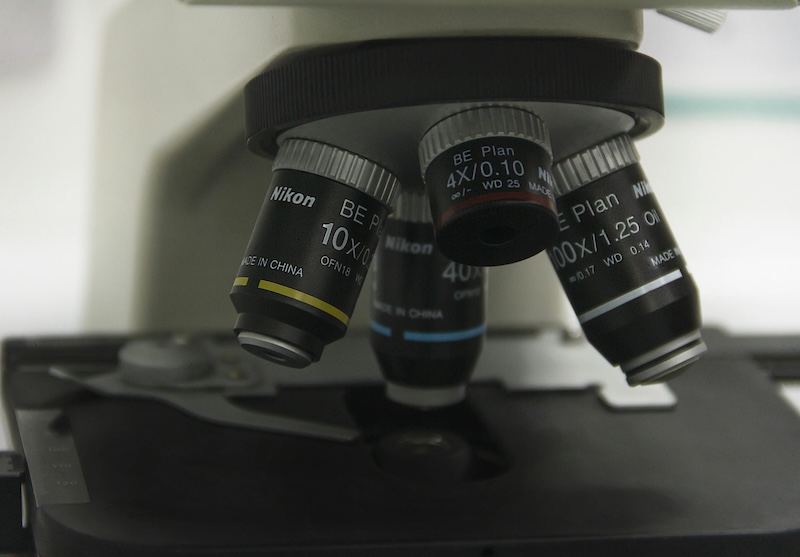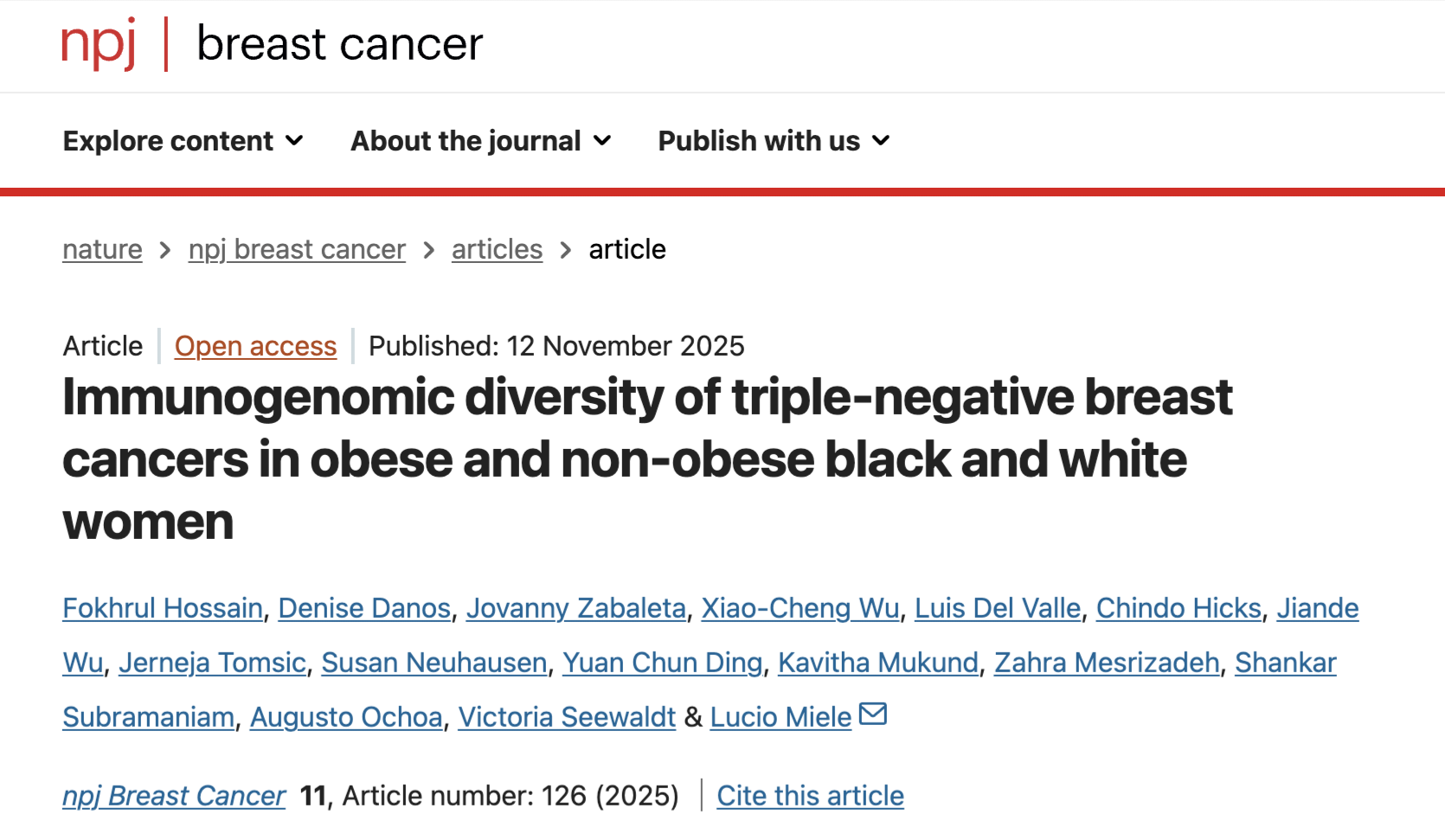
Coming Together – 2023 Annual Retreat
Creating a successful strategy to reduce the burden of cancer in Louisiana requires a unified effort on multiple fronts. Cancer is a complex disease with contributing factors from genetics to socio-economic factors to issues of health disparities and equities.
That is why Louisiana Cancer Research Center (LCRC) Director Joe W. Ramos, PhD invited cancer researchers from around the state to the 2023 LCRC Annual Retreat to roll out the new structure of the LCRC with a goal of fostering collaborations and connections.
Over 150 scientists accepted the invitation and on May 31, they gathered in person and online to learn about the LCRC’s plan to harness synergies among the state’s researchers, providers and institutions.
Ramos is the first to tell you his plan is evolving and all input is valued. “Everyone needs to be working together on all of the different aspects to make this a great cancer center,” he told the group. “We need to ask: where we can have impacts in different areas across the state? How can we help the clinical trials operations do better? How can we translate what we do to our communities?”
Since he came to the LCRC ten months ago, Ramos made it a priority to extend membership to researchers throughout the state. Now, LCRC members come from multiple colleges, universities and institutions that are connected to and benefit from LCRC resources and relationships.
He announced a renewed emphasis on population sciences and community outreach and engagement to increase participation throughout the state in cancer prevention, screenings and clinical trials.
The newly created LCRC Office of Community Outreach and Engagement (COE) will be the focus of this effort headed by Director Earl Benjamin-Robinson DRHSC, CPH and Donna Williams, MS MPH DRPH, LCRC Associate Director of Population Sciences and Community Outreach & Engagement. Efforts have a head start as they will leverage the statewide presence of longstanding LCRC programs such as the Louisiana Campaign for Tobacco-Free Living and Tobacco Cessation Initiative. The goal of the COE office is twofold: to assist researchers in bringing basic research from the bench to the community while bringing input from the community to inform research priorities.
The importance of reaching all communities was underscored by Dr. Augusto Ochoa, LCRC Associate Director of Translational and Clinical Research and Director, Stanley S. Scott Cancer Center LSU Health - New Orleans, who presented a telling statistic: 85-percent of cancer patients get treated at community hospitals and 90% do not want to travel to major medical centers for their care. Dr. Ochoa is principal investigator of the nationally recognized Gulf South Clinical Trials Network, a collaborative approach to increasing minority enrollment in clinical trials by bringing trials to local healthcare facilities.
Dr. Stefan Grant, LCRC Deputy Director and Professor, Tulane University School of Medicine, offered his insights based on his experience running clinical trials at two NCI Designated comprehensive cancer centers during his career, advising that research and clinical trials at strong cancer centers should be “homegrown” and relevant to the patient population and the diseases being treated in Louisiana.
The full day of presentations included presentations from each of the Center’s four research programs and was capped by a keynote address by Dr. Anita Kinney, Director, Center for Cancer Health Equity, School of Public Health, Rutgers Cancer Institute, New Jersey, whose topic was appropriate for the day: “Approaching Precision Prevention and Treatment with an Equity Lens.”
About the LCRC
Each year, more than 28,000 Louisianans receive a cancer diagnosis. The Louisiana Cancer Research Center serves a collaborative hub that advances cancer research, improves prevention, and accelerates innovative treatments. LCRC brings together the collective talent of more than 200 researchers from across the state and four incorporated member institutions – Louisiana State University Health New Orleans, Tulane University School of Medicine, Xavier University of Louisiana, and Ochsner Health – to improve cancer outcomes for Louisianans and all those touched by the disease.




